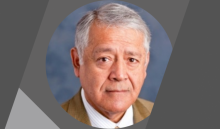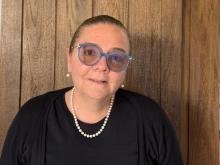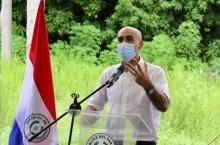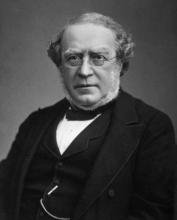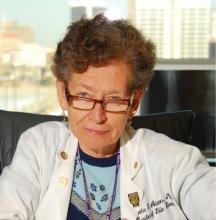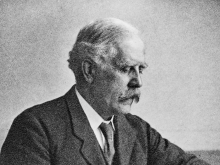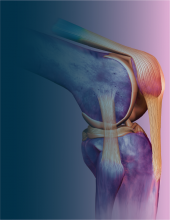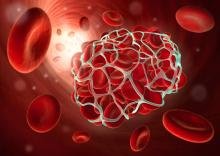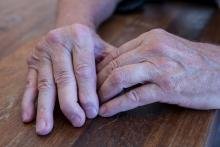Alejandro Balsa is a rheumatologist, head of Rheumatology Services at La Paz in Madrid, Spain, and professor of Rheumatology at the Universidad Autónoma de Madrid.
He responds emphatically to questions and says that when he is not working, researching, or teaching, he enjoys spending time with his family, traveling, going to the movies, or listening to music. The travel thing is evident just by opening his WhatsApp photo, where he poses from the mountain of colors, located at 5,200 meters above sea level in Vinicunca (Peru). "You have to climb it on foot, not on horseback," he says from Madrid when answering the call.
The unit in which he works has 18 people, a research laboratory, an imaging unit and monographic consults. "It is a very active hospital," says Balsa, adding that about 30 articles are published annually, focusing on pain, arthritis, bone, or rheumatoid arthritis, for example.
Before talking about the challenges he faces and on which he is currently concentrating his efforts, which he will speak about at the PANLAR 2021 Congress, he also maintains that the La Paz Arthritis Unit is a pioneer in the country, as it was the first one to be created in Spain, in 1993.
"With that unit, a lot of research has been done on various factors, prognoses, rheumatoid arthritis, severe disease, antibody studies, genetic studies, of rheumatoid arthritis..." and a long etcetera that summarizes, in a few words, the career of Balsa and La Paz.
Turning now to the challenges he faces, he says it is all about the difficult-to-treat rheumatoid arthritis, which is what he will be discussing at PANLAR 2021.
"It is probably the most difficult problem we have now, because we already have many patients, more than 600, treated with biologics and drugs; however, there is a small group that causes the most problems, because they are the most complicated to treat, you have to see them more often, you have to work a lot...", says the professional.
On the other hand, he points out that refractory rheumatoid arthritis is very important, since there are not many patients, since it is estimated that 10% of rheumatoid arthritis is treated with biologics, "which are very difficult, which cause a lot of expense and which also have many lesions, comorbidities, problems of psychological processes or infections, poor responses, poor tolerance", adds the professional, emphasizing that it is frankly complex, since its care demands more time and resources, for example.
And the difficulties? At this point, Balsa maintains that the most important one is to classify these patients, since there are more than 15 different reasons why this situation can occur: "The most complicated thing is to classify the patients within their groups, to create subgroups where specific treatments can be applied".
Regarding this, Balsa summarizes, the issue is in the numbers: In a cohort of 600 patients, there will be 50 or a little more, and with those 50, subgroups must be made, which is complex to perform statistical analyses that allow detailed definition of the characteristics.
However, he comments that, of course, once these characteristics can be defined in order to identify the underlying reason why these patients are in this situation, it will then be possible to offer a la carte or personalized treatments.
"The most important thing is to agree on the treatment with the patient, explain why, so that he or she understands it and agrees" and then, adds the professional, give the patient the treatment he or she prefers, which could be more effective and which, finally, is an achievement of the work and dialogue resulting from the doctor-patient conversation, which Balsa considers to be fundamental.
"We have many branches, possibilities, and if the patient offers which one he or she thinks is going to be better; that one, for sure, is going to be much better. Then, working on psychological factors, having a good nursing practice that is capable of identifying these problems and then seeing if the patients do not improve, because we have to investigate adherence," Balsa emphasizes.
To conclude, he comments that he misses PANLAR's face-to-face attendance, but he is satisfied with the possibility offered by technology, because "although the distance complicates things, I believe that the desire and interest surpass it".






















